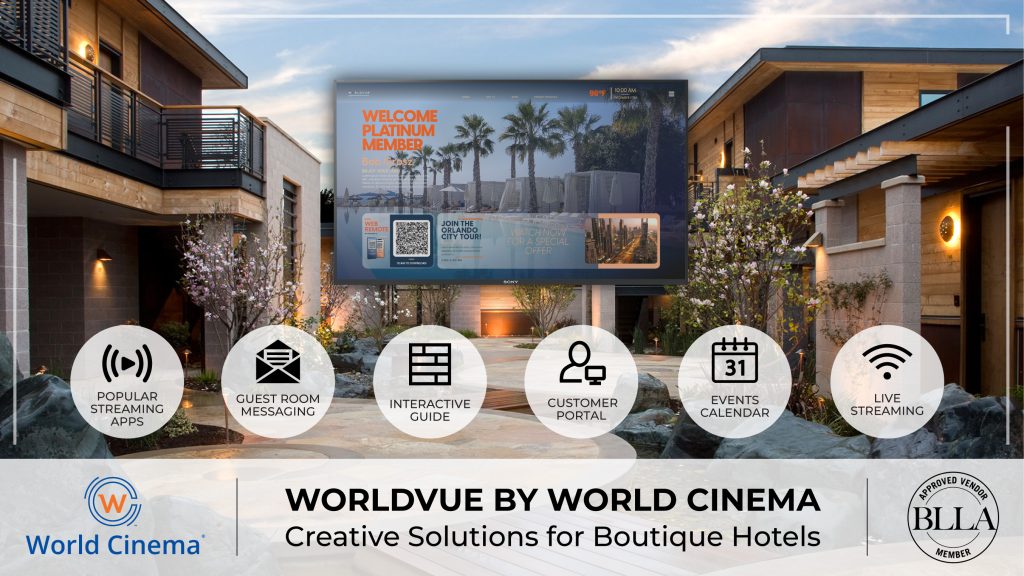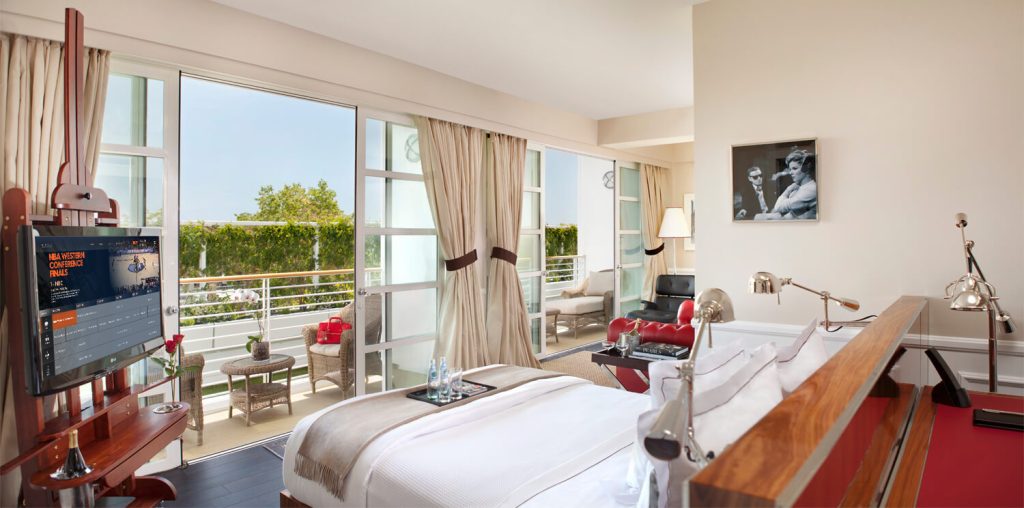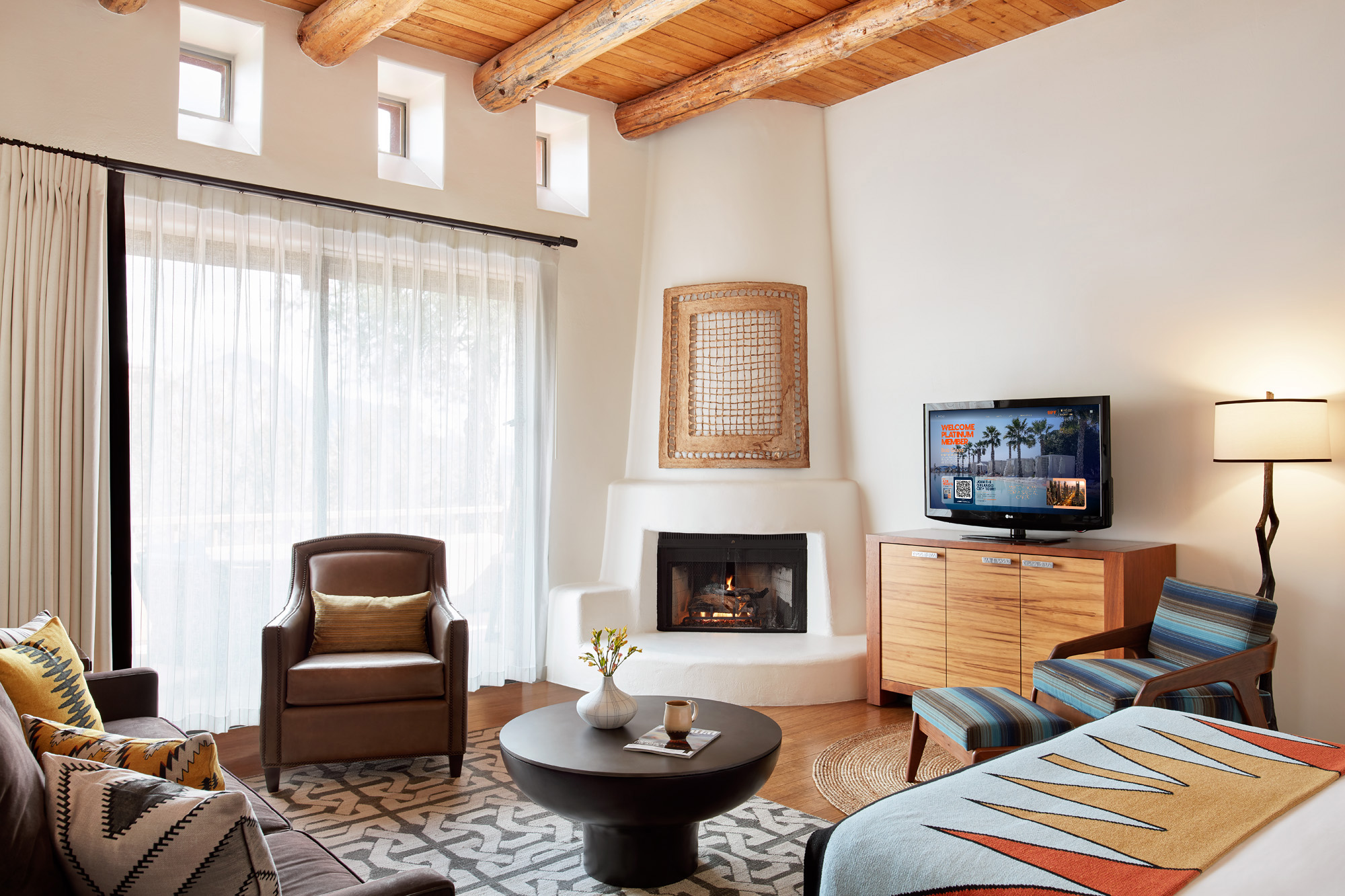When used correctly, technology can customize the guest experience, empowering boutique hotel employees to provide the best possible customer service. Boutique hotels are unique in their ability to surprise guests. Technology is a cost-effective way for boutique hoteliers to emphasize the unique experiences they deliver to guests.
Changing Trends
Since the pandemic, guests have been pursuing unique experiences now more than ever. According to Expedia Group’s 2023 Traveler Value Index, guests are looking for new, exciting experiences that they haven’t had in the past. Hotel guests are more appreciative of their trips and are more likely to try new and exciting locations and experiences. Most importantly, today’s guests are viewing the hotel as more than simply a place to rest their heads at night, they’re starting to see the hotel as the destination.
To take care of these changing needs, boutique hotels need to provide great experiences with even greater customer service. Technology is a great way to empower boutique hotel employees to provide the best possible experiences for guests.
Are Robots the Future of Hospitality?
There’s been significant traction around robotics and automation. Dream Hollywood is a big proponent of robotics, with Alfred, their robot concierge. Vaughn Davis, Dream Hollywood’s General Manager, says that robots both surprise and delight guests. Guests at Dream Hollywood enjoy interacting with robots, posting pictures of them, and leaving positive reviews online. Dream Hollywood has done a great job balancing automation without interfering in a negative way. They’ve done this by integrating the robots directly into the guest experience, having them accompany staff and perform otherwise mundane duties.

People-First
Dream Hollywood maintains a people-first culture with customer service behaviors like personalized greetings and superior service. Alfred is not only a great support for staff, but the robot also positively impacts the guest experience, bringing guests extra toiletries, etc. The key to this robot-service model is keeping human contact at the forefront of interactions. It is crucial to maintain a service-first mindset without sacrificing human connection.
Personalized Experiences
As far as personalizing the guest experience for guests, hoteliers still have a ways to go in terms of automating this process. At World Cinema, we use our technology to personally greet guests when they enter the room by automatically integrating our system into the PMS. Humans still prefer to be greeted first by another human, so hoteliers need to ensure they are using this technology to support staff rather than replace those interactions.
Maintaining Human-Centered Connections
While guests are delighted to see guest-facing robots, they are quite savvy, however, to automation that takes away, rather than enhances, their experience. For instance, guests are not particularly thrilled when they check in at a kiosk, especially if they aren’t given the option of speaking with an agent at the desk. At boutique hotels, in particular, guests are in no particular hurry, they aren’t looking to minimize contact and speed up their time in the hotel. They prefer to be greeted by a guest agent and then, say, handed a personalized cocktail by a robot in the lobby. Keeping that human connection is essential as we continue to mix robotics and automation into the guest experience.

Key Takeaways
The number one reason guests visit boutique hotels is for unique experiences. It is important hoteliers don’t forget to use technology to advance these experiences.
Secondly, guests visit boutique hotels for their unique character and history. It is important to focus on implementing technologies that enhance the quirky character of each boutique hotel.
For instance, the WorldVue in-room entertainment platform is a great way for hotels to communicate their history and vision. In-house channels can be used to effortlessly connect guests to local lore and history.
Finally, focus on the guest experience.
When implementing robots into the lobby or front desk, robots need to interact with guests in a way that adds to their experience.

